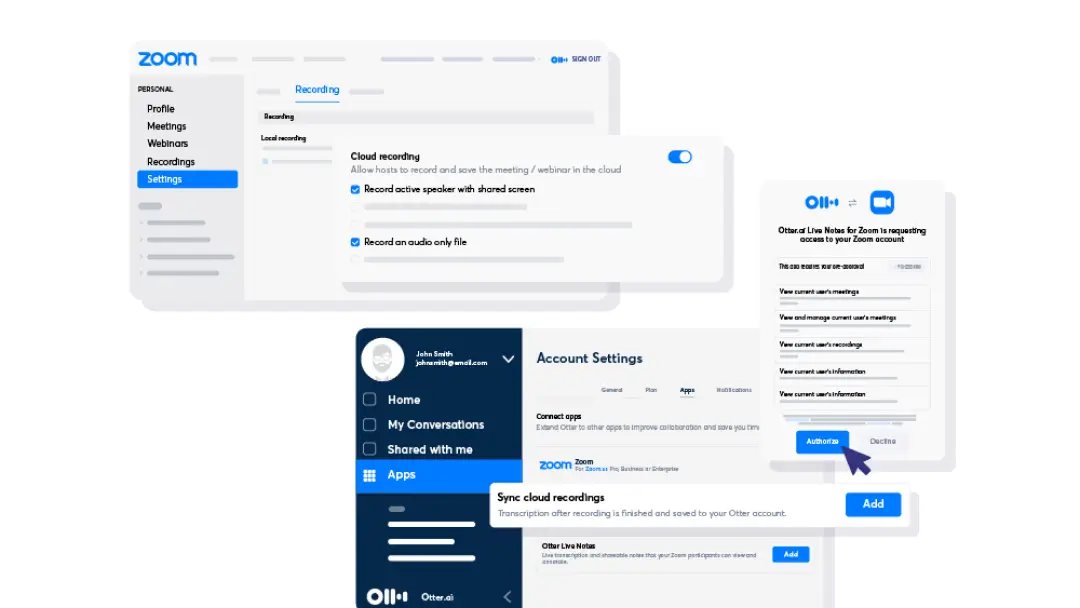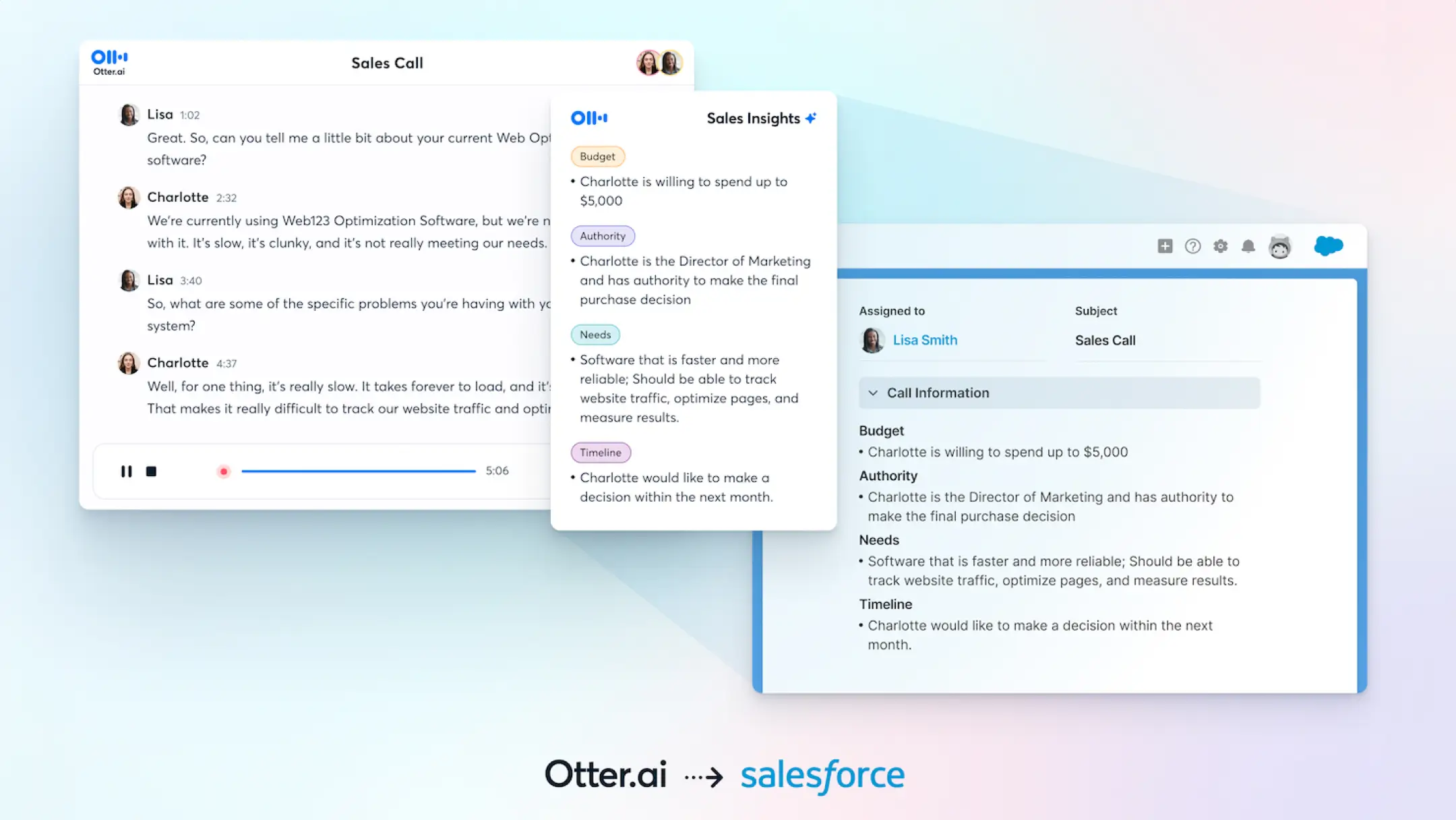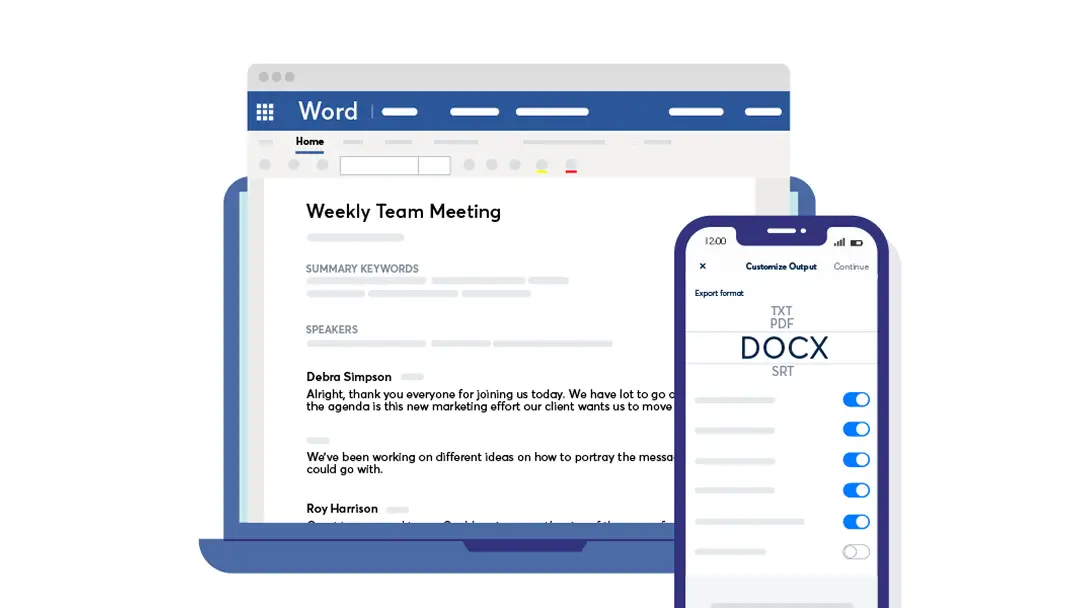In Otter Words - Edith Yeung

A partner at incubator 500 Startups who shares her time between the U.S. and China, Edith Yeung has her finger on the pulse on developments in consumer technology across a range of technologies including mobility, virtual reality and the internet of things. Keeping track of it all is a tall order that Otter helps fulfill. The former VP of marketing for the Dolphin browser says she favors using the app when she first meets with companies to capture key details. She finds that, rather than raising concerns about recording, it brings a certain “wow factor” to the meeting.
Edith also finds Otter useful for recording and transcribing sessions at conferences. The seating at these events often precludes comfortable use of a keyboard while the speed of information offers makes it difficult to capture notes without missing something valuable in the talks. In fact, she recently recommended the app at an executive event that needed to transcribe and translate sessions into many languages. On a professional level, she sees great potential in integrating Otter with realtime translationtranscription as well as integrating it more directly with conferencing apps. And on a personal level, she notes, such a capability would help her mom, who does not speak English, enjoy more of her writing and talks.
China, she notes, provides a strong example of the power of app integration. When asked how business collaboration differs in China versus the U.S., she points to the omnipresence of WeChat, the chat-based superplatform that includes social media and payments and which has attracted over a billion users. Citing Line, the dominant chat app in Japan, and Kakao Talk, which enjoys similar status in Korea, she notes that WeChat isn’t the only highly integrated communication platform in Asia. Unlike in the U.S., though, where business and personal chat apps are more clearly defined, WeChat dominates both markets in China. Zoom, however, is making some inroads for international video meetings.
Digging deeper into AI, Edith dispelled some myths about development in China. Even though companies there are often thought to benefit from the huge amount of data generated by China’s large population, she notes that AI researchers within companies are still frustrated by not having access to as much data as they would like. In addition, she points out that some AI technologies are still highly optimized for specific languages or lack suffer from cultural biases, sharing how one facial recognition experiment kept comparing her to Japanese women even though she is Chinese-American.
Ultimately, she says, companies must understand cultural nuances among populations. She cites an incident in which a small group of Chinese fans emptied a plane in order to get a closer look at their K-pop star idols. That’s a statement of fan obsession that Otter may never be able to put into words.





















